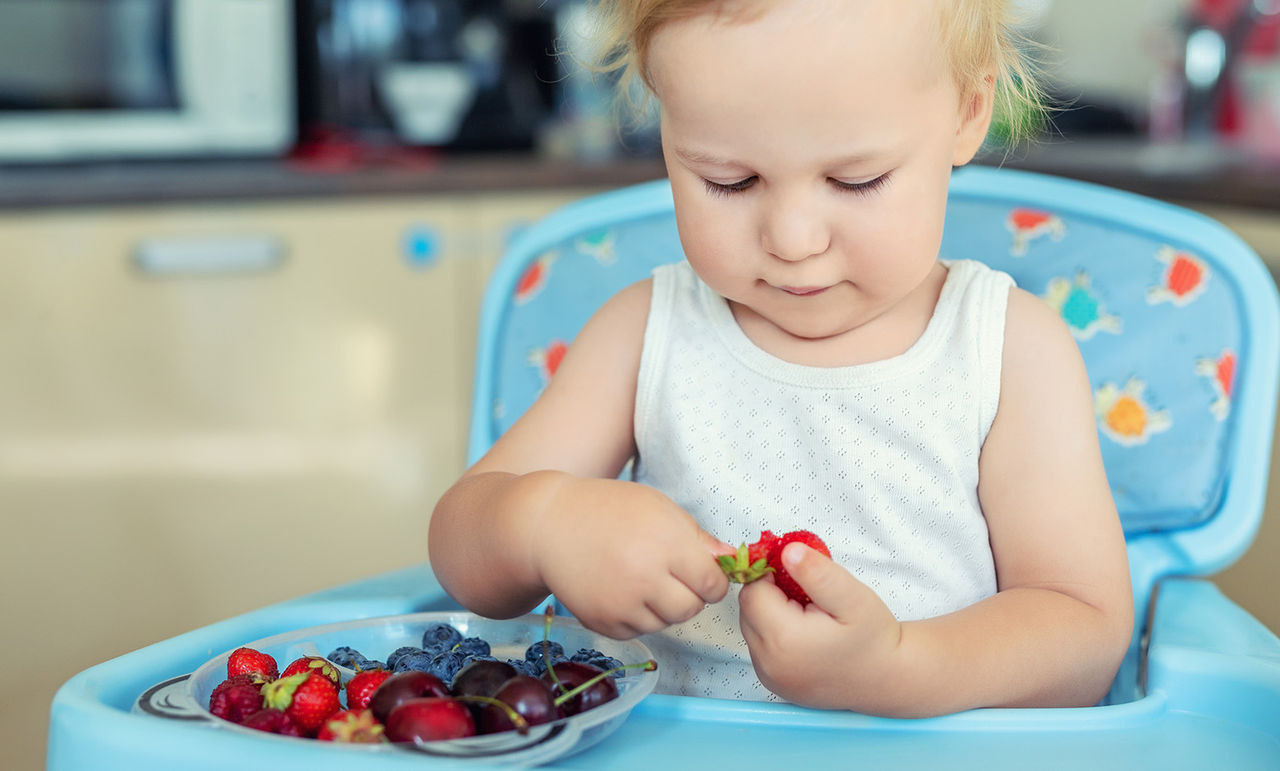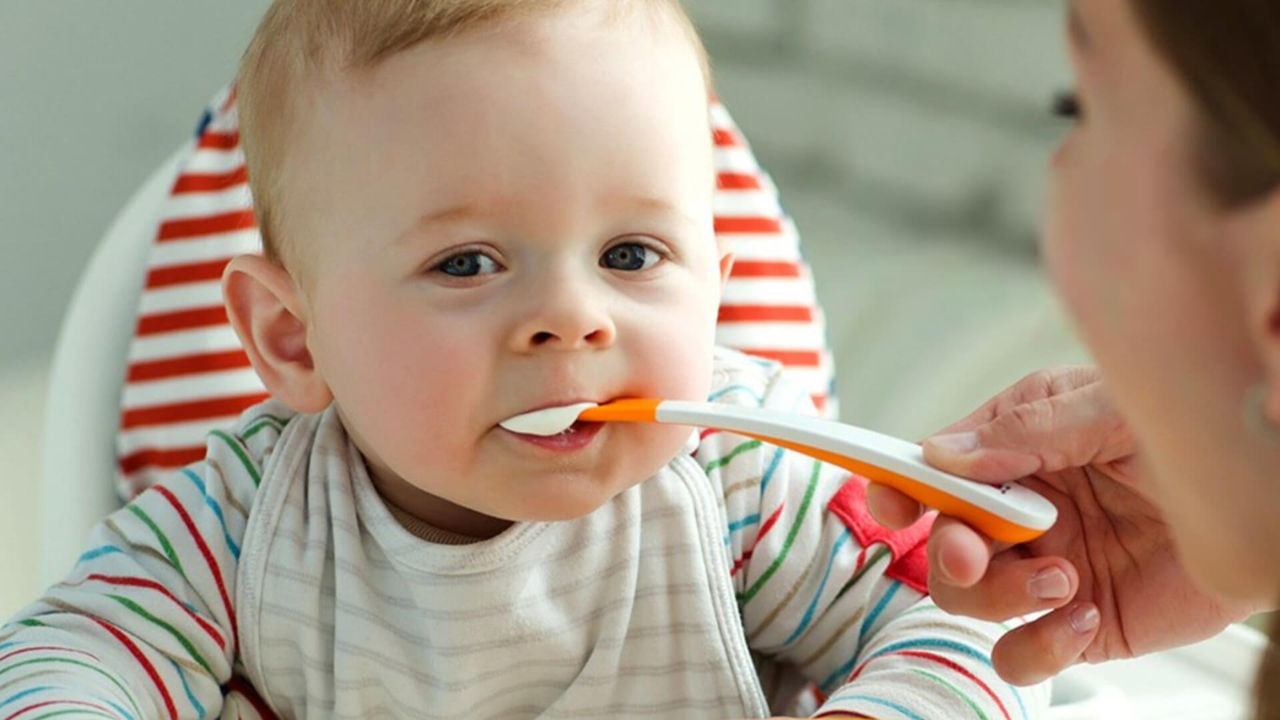An allergic reaction is caused by the immune system overreacting to an allergen (such as a food, drug or insect bite), causing an allergic response such as hives, eczema, asthma, or in severe cases, anaphylaxis. More and more children are suffering from allergies, and the reason is not fully understood. Children with a family history of allergy are at a higher risk of developing an allergy, but children with no family history can also develop allergic disease.
What to eat during pregnancy to reduce your child’s risk of developing an allergy
A strong immune system is more likely to respond well to allergens. Therefore, by positively influencing your child’s immune system development, you may be able to reduce the likelihood of them developing an allergy. Dietary decisions during pregnancy such as the following may support the development of your child’s immune system while in the womb and may, therefore, reduce the risk of allergy:
- Eating a healthy well balanced diet including plenty of prebiotic fibre and probiotic foods such as:
- Fruits and vegetables, including asparagus, onions, bananas and kiwifruit, which all contain prebiotics
- Dairy foods or dairy alternatives, including probiotic yoghurts
- Following a non-restrictive diet. Unless you have a food allergy and cannot eat a certain food yourself, then restrictive diets are not recommended during pregnancy. It is important that you continue to eat foods such as nuts, wheat and cooked fish.
- Having oily fish, such as salmon, mackerel and tuna in your diet is a rich source of Omega-3 fatty acids. Try to include 2-3 serves of oily fish per week as this may help reduce the risk of developing eczema in early life. Be careful and know your limits when consuming mercury containing fish such as swordfish, shark, broadbill, and marlin and always ensure all fish is cooked.
- Getting enough vitamin D by including sources of vitamin D in your diet, such as dairy products and eggs and by going for a daily walk. The best source of vitamin D is through sunlight exposure on your skin.
Ensure that you also follow the NSW Food Authority’s guidelines on what to eat and what to avoid during pregnancy.
Breastfeeding impact on developing allergies
Thanks to the unique, natural composition of breast milk, it provides all the nutrients required for growth and development in the first months of life. It is recommended that you breastfeed for at least 6 months and there is some evidence that breastfeeding during the introduction of solids at around 6 months may reduce the risk of an infant developing an allergy.
How gradual introduction of solid food can help reduce the risk of allergy
A varied and nutritious diet is best when it comes to promoting the development of a strong immune system and reducing the risk of developing allergies. Try to introduce as many different foods as possible as your child starts weaning, whilst continuing to breastfeed.When your child is showing signs of being ready for solids, at around 6 months, but not before 4 months, start by introducing foods one at a time. Include potential allergenic foods such as, cooked egg, peanut butter, wheat and fish. Start these in small amounts and age-appropriate textures.If you are concerned that your child has a food allergy, then you should seek personalised advice from your health care professional prior to commencing solids. If you are worried that your child is having an allergic reaction, then stop giving the food and seek immediate advice from your doctor.





